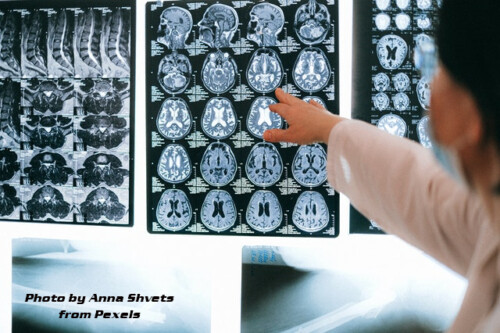The Intricate Connection Between Diet and Mental Health: Unveiling the Positive and Negative Effects
By Editorial Team
The relationship between diet and mental health has garnered significant attention in recent years. Researchers have begun to uncover compelling evidence that suggests a strong link between what we consume and our mental well-being. This article explores the intricate connection between a person’s diet and its potential effects on mental health, delving into both the positive and negative aspects of this relationship.
I. The Gut-Brain Axis: The Foundation of the Connection A. The gut microbiota and its role in mental health B. The bidirectional communication between the gut and the brain
II. Positive Effects of Diet on Mental Health A. Nutrient-dense diets and improved brain function 1. Omega-3 fatty acids and cognitive health 2. Antioxidants and neuroprotection B. Balanced diets and mood regulation 1. Serotonin and tryptophan-rich foods 2. B vitamins and neurotransmitter synthesis C. Probiotics and mental well-being 1. Gut microbiota modulation and mood enhancement 2. Potential mechanisms of action
III. Negative Effects of Diet on Mental Health A. Nutritional deficiencies and cognitive impairments 1. Inadequate intake of essential nutrients 2. Impacts on brain structure and function B. Unhealthy diets and increased risk of mental disorders 1. High sugar and processed food consumption 2. The role of inflammation and oxidative stress
IV. Specific Diets and Mental Health Outcomes A. Mediterranean diet and reduced risk of depression B. Western diet and increased susceptibility to mental disorders C. Effects of other dietary patterns (e.g., ketogenic, vegetarian/vegan)
V. Implications for Mental Health Treatment and Prevention A. Nutritional psychiatry and integrated approaches B. Dietary interventions in the treatment of mental disorders C. Public health strategies for promoting mental well-being through diet
The relationship between diet and mental health is complex and multifaceted. A person’s dietary choices can have profound implications for their mental well-being, either positively or negatively. Understanding the connection between diet and mental health can inform strategies for prevention and treatment of mental disorders and promote a holistic approach to overall wellness. By adopting a balanced, nutrient-rich diet, individuals may optimize their mental health and enhance their quality of life. Nothing herein is intended to diagnose, treat or cure any disease. Please do your research and seek professional advice before using any information.

